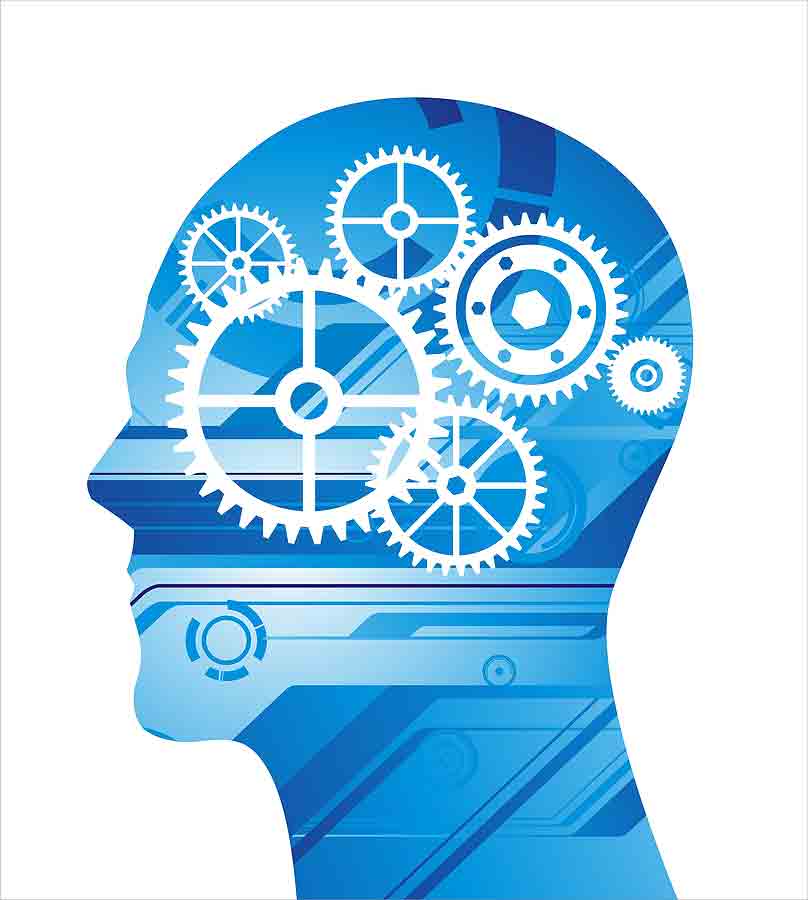Posts Tagged ‘Harvard’
Next in Human Resources: Seeing cognitive diversity as an asset to build on, not a problem to avoid
Neurodiversity: The Benefits of Recruiting Employees with Cognitive Disabilities (Harvard Business School’s Working Knowledge): There’s a new frontier in diversity programs focused not on race or gender but on cognitive ability. The growing interest in neurodiversity—hiring people with cognitive disabilities like Autism Spectrum Disorder (ASD)—is motivated by companies looking to tap into
Read MoreUpcoming talks: ESCoNS2, Harvard, WEF, Neurogaming, mesh13
Heads up: these are some of the talks I’ll be giving over the next few months. If you’re a SharpBrains friend and speaking at/ attending any, please let me know so we can connect. > March 15–17, Los Angeles: Marriage of Science & Industry — How to create a sustainable business model that proves end-user value, at ESCoNS2 (Entertainment…
Read MoreTop 40 Brain Fitness & Training Questions/ Course Registration Ends this Sunday
Let us share below a list of 40 common brain fitness, brain health, brain training questions that we will make sure to address during the upcoming online course, How to Be Your Own Brain Fitness Coach in 2012 (starts March 7th). The questions are sequenced by their approximate order of appearance in the syllabus. We look forward…
Read MoreResearch: Could studying the placebo effect change the way we think about medicine?
Placebo interventions are often claimed to substantially improve patient-reported and observer-reported outcomes in many clinical conditions, but most reports on effects of placebos are based on studies that have not randomised patients to placebo or no treatment.
Read MoreAlzheimer’s Disease: New Survey and Research Study on Awareness, Testing and Prevention
Very interesting new data reinforcing two main themes we have been analyzing for a while: 1) We better start paying serious attention (and R&D dollars) to lifestyle-based and non-invasive cognitive and emotional health interventions, which are mostly ignored in favor of invasive, drug-based options 2) Interventions will need to be personalized. The study below analyzes data…
Read MoreWhy Smart Brains Make Stupid Decisions
It happens. Often. Why? We just secured an interview with Ori Brafman, co-author of Sway: The Irresistible Pull of Irrational Behavior (Doubleday Business, 2008), to discuss our Dark Side (well, he calls it “different hidden forces” and “psychological undercurrents”). While reading some reviews about his book, I particularly enjoyed finding, after the usual impressive long collection…
Read More




